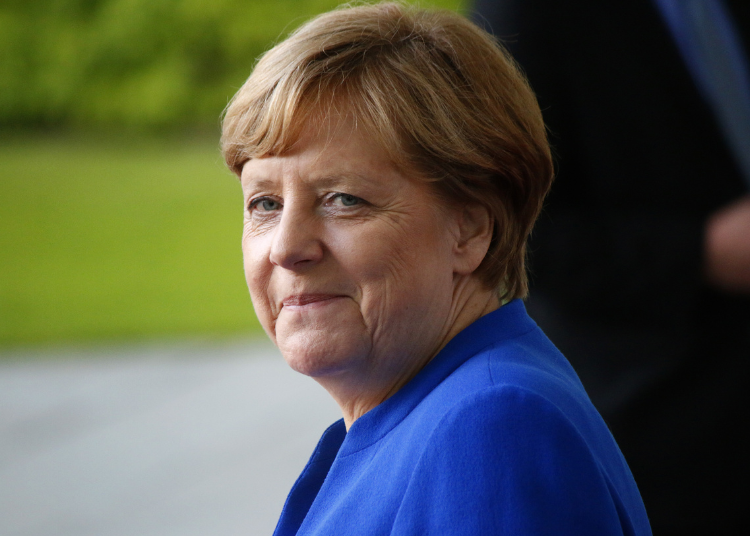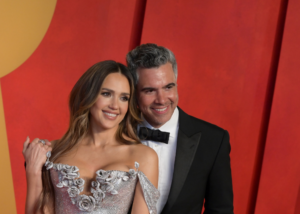Introduction
Angela Merkel is one of the most influential political leaders in modern history, serving as Germany’s first female chancellor from 2005 to 2021. Known for her pragmatic approach, scientific background, and calm demeanor, she steered Germany and Europe through significant global challenges, including the Eurozone crisis, the refugee crisis, and the COVID-19 pandemic. Merkel’s leadership style and unwavering commitment to her values earned her the title “Mutti” (Mother) of the nation.
Key Information
| Category | Details |
|---|---|
| Full Name | Angela Dorothea Merkel (née Kasner) |
| Date of Birth | July 17, 1954 |
| Birthplace | Hamburg, Germany |
| Astrological Sign | Cancer |
| Height | 165 cm |
| Spouse | Joachim Sauer (since 1998), previously Ulrich Merkel (1977–1982) |
| Profession | Politician, Former Physicist |
| Political Party | Christian Democratic Union (CDU) |
| Years in Office | Chancellor of Germany (2005–2021) |
Career
Early Academic and Professional Career
Angela Merkel excelled academically, earning her doctorate in physics after studying at the University of Leipzig. She worked as a researcher in quantum chemistry before entering politics after the fall of the Berlin Wall in 1989.
Political Ascent
Merkel’s political journey began with the Demokratischer Aufbruch movement, which merged with the Christian Democratic Union (CDU). In 1991, she was appointed Minister for Women and Youth under Chancellor Helmut Kohl, who dubbed her “Das Mädchen” (the girl). She later served as Minister for the Environment before becoming CDU Secretary-General in 1998 and party leader in 2000.
Chancellorship (2005–2021)
Merkel became Germany’s first female chancellor in 2005 and remained in office for 16 years, leading four successive coalition governments. Her tenure was marked by a steady, crisis-management style:
- Eurozone Crisis: Advocated fiscal discipline and bailouts to stabilize the Euro.
- Refugee Crisis (2015): Opened Germany’s borders to over a million refugees, famously declaring, “Wir schaffen das” (“We can do this”).
- COVID-19 Pandemic: Leveraged her scientific background to guide Germany through the health crisis with transparency and data-driven policies.
International Leadership
As a global leader, Merkel was pivotal in shaping European Union policies, strengthening transatlantic relations, and mediating international disputes. Her pragmatic stance often positioned her as the „de facto leader of Europe.“
Personal Life
Early Life and Education
Merkel was born in Hamburg but grew up in East Germany after her family relocated when she was an infant. Her father, a Lutheran pastor, and her mother, a teacher, instilled in her values of discipline and curiosity. She excelled in academics, particularly in science, and pursued physics at university.
Relationships
Merkel married Joachim Sauer, a renowned quantum chemist, in 1998. Known for his low profile, Sauer has been a steady presence in Merkel’s life, supporting her demanding political career. Previously, she was married to Ulrich Merkel, but the marriage ended in divorce in 1982.
Hobbies
Despite her busy political career, Merkel is an avid gardener and enjoys cooking traditional German dishes like potato soup and rouladen. She also loves hiking and classical music, often attending opera performances with her husband.
Notable Achievements
- First Female Chancellor: Merkel broke barriers as Germany’s first woman to lead the nation.
- Longevity in Office: She served as chancellor for 16 years, one of the longest tenures in German history.
- Economic Leadership: Steered Germany to become Europe’s economic powerhouse during her tenure.
- Refugee Policy: Demonstrated humanitarian leadership by accepting over a million refugees during the 2015 crisis.
- Scientific Recognition: Received 19 honorary doctorates for her contributions to science, politics, and global stability.
- Environmental Advocacy: Advanced Germany’s transition to renewable energy through the „Energiewende“ initiative.
Current Activities
Since stepping down in 2021, Merkel has taken a step back from politics but continues to remain an influential figure globally. She is involved in speaking engagements, advisory roles, and philanthropic projects. Merkel has also hinted at dedicating more time to personal pursuits, such as traveling, reading, and enjoying time with her husband at their countryside retreat.
Conclusion
Angela Merkel’s legacy as a steady and pragmatic leader who navigated Germany through numerous crises remains unmatched. Known for her scientific precision, humility, and unwavering commitment to democratic values, she leaves behind a significant imprint on Germany and the world stage, often regarded as a role model for leadership in turbulent times.



